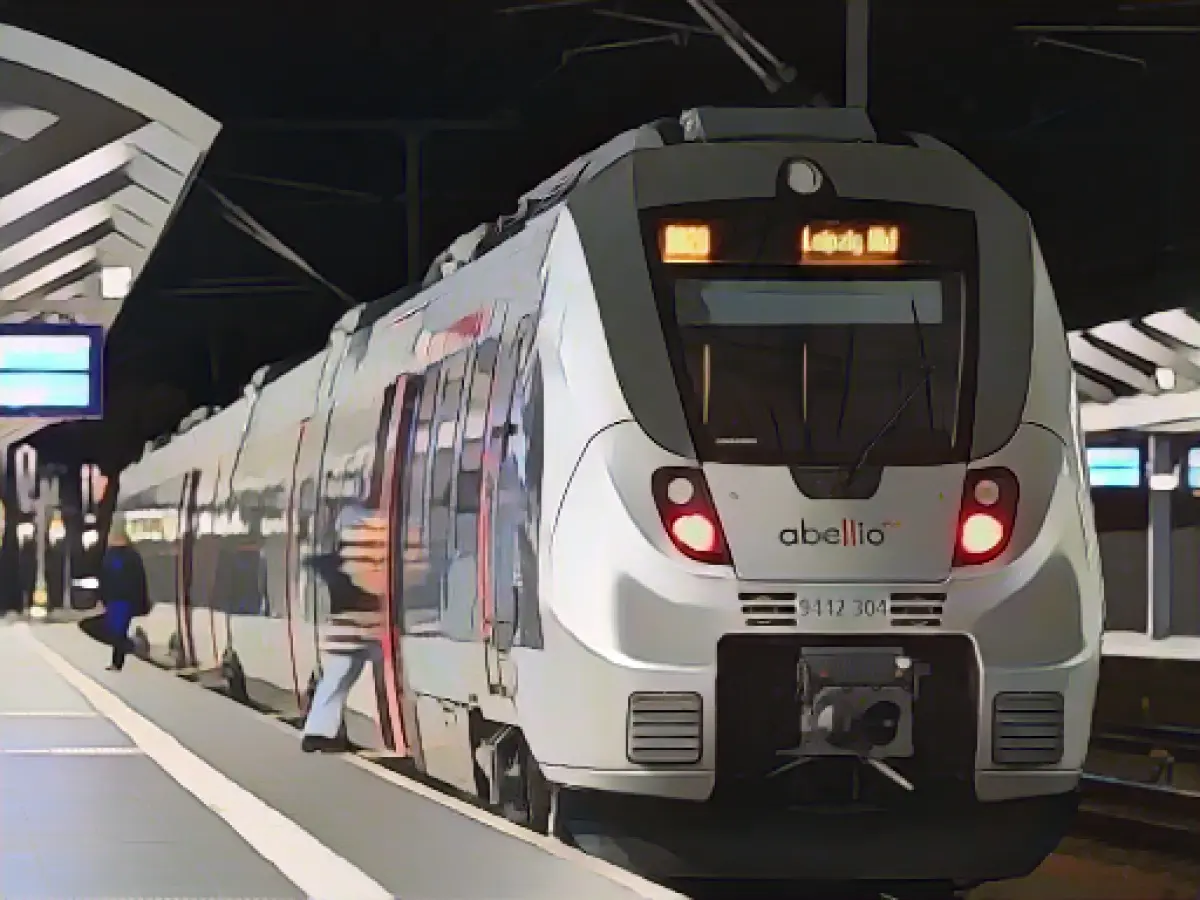Central Germany Rail Traffic Disruptions on Thursdays
Central Germany, specifically in Saxony, Saxony-Anhalt, and Thuringia, will face significant disruptions to rail traffic on Thursdays. According to a Deutsche Bahn spokesperson, these disruptions are due to a 20-hour warning strike called by the German Train Drivers' Union (GDL).
The impact on rail services is expected to be significant, with few regional trains and long-distance trains through Leipzig and Erfurt experiencing high capacity utilization. Deutsche Bahn encourages travelers to postpone or cancel their journeys, offering ticket refunds or exchanges without charges.
Residents can anticipate resumption of smooth rail services as early as Friday morning. However, the GDL's strike will likely cause secondary effects, including increased fares for alternative transportation modes and potential traffic congestion.
Alternatives to train travel include:
- Ride-sharing Services and Bike Rentals: In light of similar disruptions, there has been a surge in demand for ride-sharing services and bike rentals.
- Private Vehicles: Commuters may opt for personal vehicles, leading to increased traffic congestion.
- Buses and Trams: While some bus lines by subcontractors or regional transport services may still run, overall public transport services will be severely impacted.
- Alternative Public Transport Apps: Services like 'Jelbi', which allow for private sharing services, might provide viable alternatives.
Traffic congestion can be expected during peak hours, especially on city highways and certain interchanges such as Charlottenburg, Neukölln, and the A115 at Zehlendorf intersection. The disruptions are likely to cause delays in travel times, with Berlin commuters facing delays of up to 30 minutes, significantly longer than the usual 5-10 minute intervals.
Fare adjustments can be expected, as airline ticket prices to affected cities like Berlin have slightly decreased, indicating competition from low-cost carriers keen to attract passengers looking for alternative routes.
As a result, the GDL's strike at Deutsche Bahn will have a ripple effect on local businesses, with a reduction in foot traffic near transport hubs and hotel bookings.








